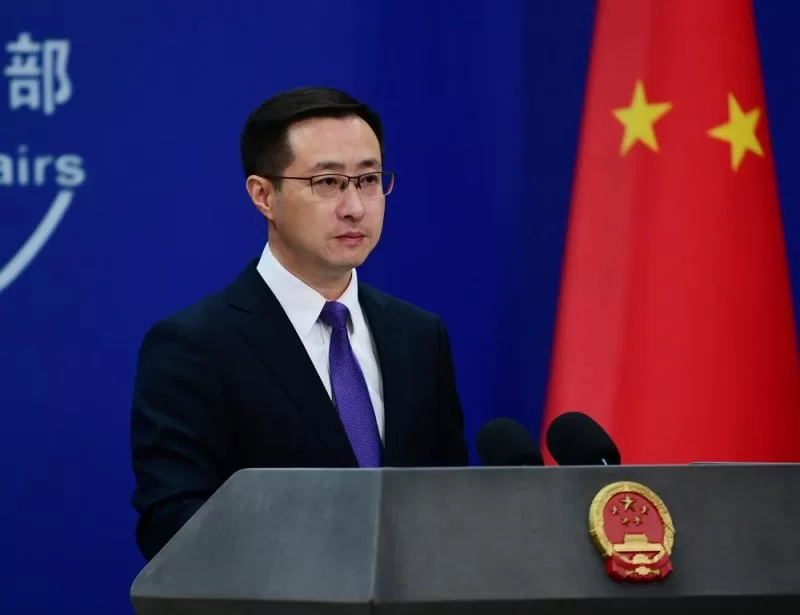July 18 (UPI) — China has suspended arms control and nuclear non-proliferation negotiations with the United States over Washington’s weapons deals with Taiwan.
Beijing’s foreign ministry spokesman Lin Jain announced the suspension of talks Wednesday during a press conference.
“Over the past weeks and months, despite China’s firm opposition and repeated protest, the U.S. has continued to sell arms to Taiwan and done things that severely undermine China’s core interests and the mutual trust between China and the U.S.,” Lin said.
“Consequently, the Chinese side has decided to hold off discussion with the U.S. on a new round of consultations on arms control and non-proliferation.”
China views Taiwan, a self-governing democracy, a rogue province and has vowed to take it back by force if necessary.
Though the United States does not have official diplomatic relations with Taiwan they maintain a so-called unofficial relationship under which Washington sells weapons to Taipei, including a $360 million arms deal the Biden administration signed off on last month.
In April, President Joe Biden also signed a military aid bill that included $8 billion for the island territory.
U.S. State Department spokesman Matthew Miller confirmed China’s withdrawal from talks.
“China has chosen to follow Russia’s lead in asserting that engagement on arms control can’t proceed when there are other challenges in the bilateral relationship,” he told reporters during a press Wednesday conference. “Unfortunately by suspending these consultations, China has chosen not to pursue efforts that would manage strategic risks and prevent costly arms races.”
The announcement comes amid strained relations between the two sides and as Beijing’s nuclear stockpile grows.
According to a report published last month from the Stockholm International Peace Research Institute, China’s nuclear arsenal increased from 410 warheads to 500 over last year and Beijing’s stockpile is expected to keep growing.
Both countries said they were willing to re-enter the talks, with Miller stating it was dependent on China being willing to manage strategic risks while Lin said “the responsibility fully lies with the U.S.”
“The U.S. must respect China’s core interests and create necessary conditions for dialogue and exchange,” he said.
